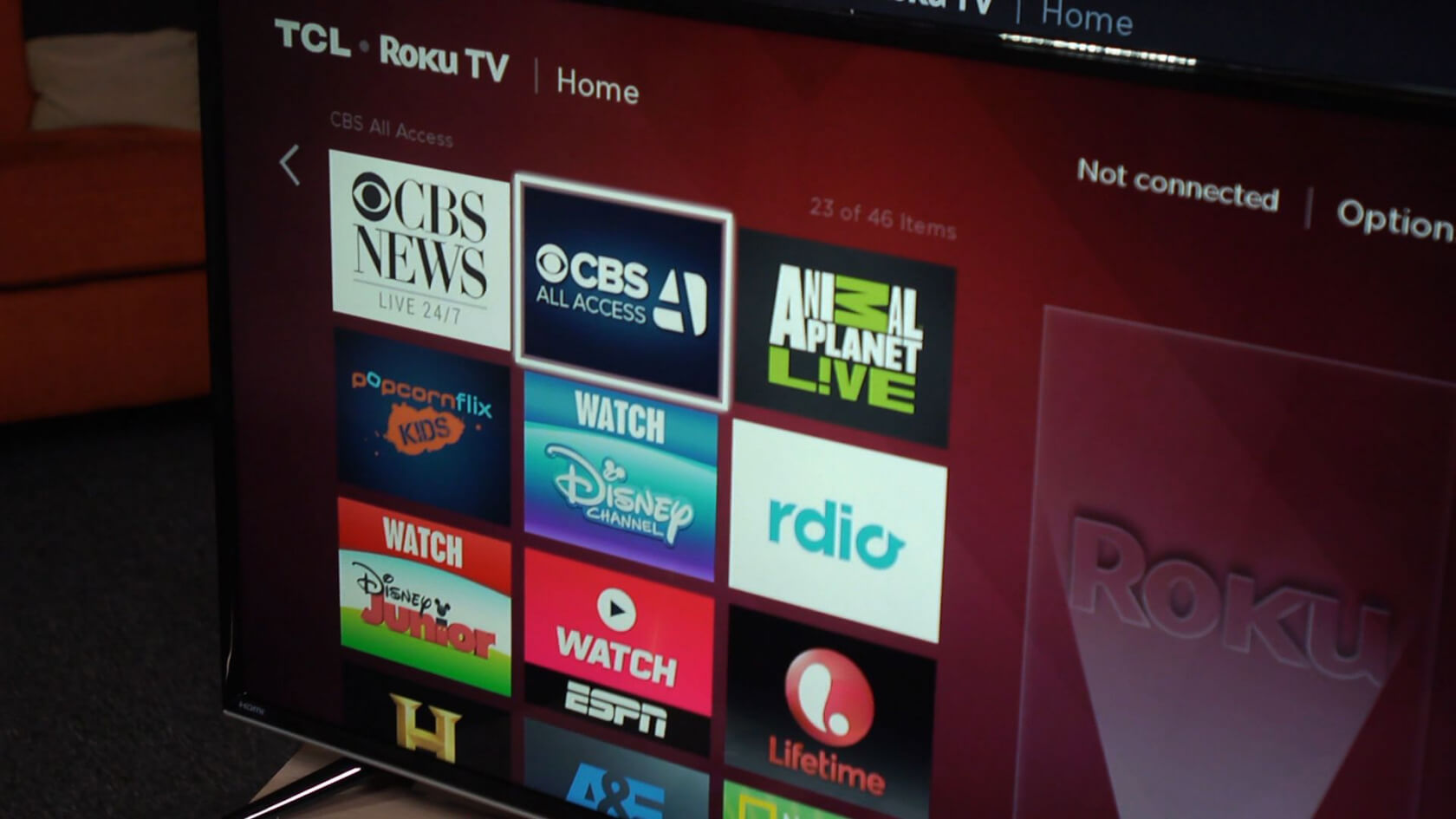What just happened? With so many households now containing smart TVs, it’s no surprise to see an increasing number of privacy concerns over the devices. The fear that these televisions are monitoring users won’t be helped by two recent large-scale analyses, which found sensitive data is being sent to large companies such as Netflix and Google–even when some of the devices are idle.

As reported by the Financial Times, researchers from Northeastern University and Imperial College London found several smart TVs, including those from popular brands Samsung and LG, as well as streaming dongles Roku and FireTV were sending data such as location and IP address to Netflix and third-party advertisers. Other smart devices that include speakers and cameras were sending users' data to “dozens of third parties,” including Microsoft and Spotify.
A separate smart TV study by Princeton University found that some Roku and FireTV apps were sending specific user identifiers to third parties, including Google.
The Northeastern University study, which was conducted on 81 different devices in both the US and UK, found “notable cases of information exposure,” with Amazon, Google, Akami, and Microsoft the most frequently contacted companies. Researchers did point out, however, that this is partly because these companies provide cloud and networking services for smart devices.
The team said third parties receive data such as device information, user locations, and possibly even when people are interacting with their TV. “So they might know when you’re home and when you’re not,” said Professor David Choffnes, a computer scientist at Northeastern University and one of the paper’s authors.
The companies named in the report have defended the practices. Netflix said the information it receives from TVs that are not signed in to its service is confined to how the app appears and performs on screen.
Google said that “depending on the device manufacturer or the app owner, data sent to Google could include user location, device type and what the user is watching within a specific app so they can be targeted with personalized advertising.”
Back in 2015, Samsung found itself in trouble when its Smart TV privacy policy revealed that the devices were potentially eavesdropping on users and sharing the data.
Another report from last year showed that five of the top-selling brands of smart televisions tracked users’ viewing habits, even when they were not streaming.
https://www.techspot.com/news/81954-new-studies-find-smart-tvs-sending-sensitive-data.html